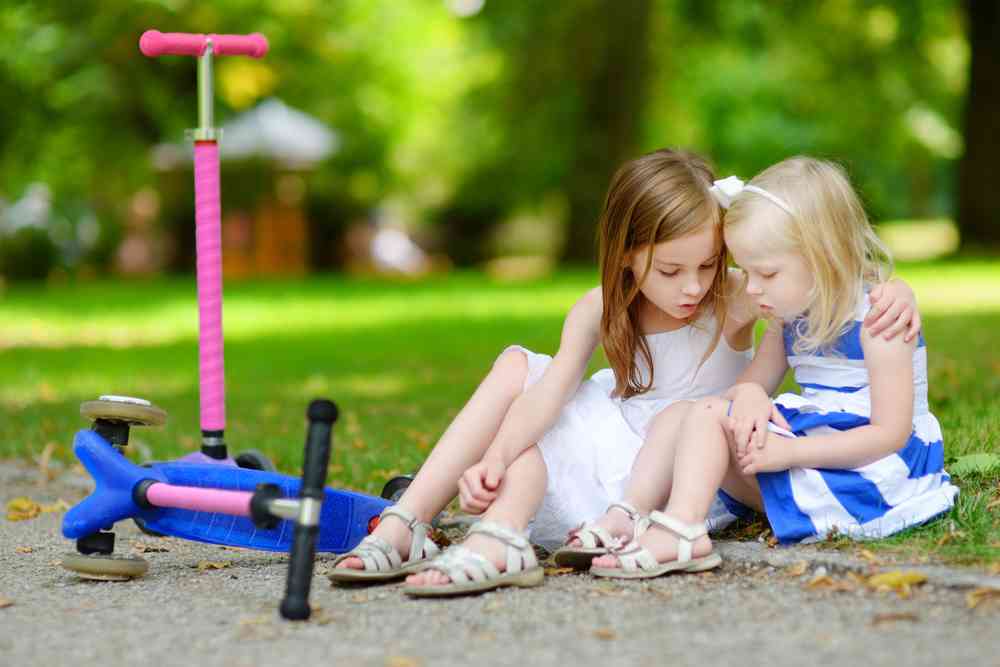Key points:
1. Fostering sensitivity in your child promotes good manners and respect.
2. Demonstrate good manners through your actions to set an example.
3. Teach your child to say “hello” and “goodbye” to others.
4. Utilize playdates to teach sharing, cooperation, and basic manners.
Who doesn’t want well-mannered kids? After all, your child’s behavior reflects on you, right? As much as we would like our child to say “please” and “thank you” as soon as they start talking, that’s probably not going to happen right away… but we can certainly start teaching toddlers good manners and how to be polite at a young age.
Teach your child how to be sensitive
At the root of good manners is respect for one another and it derives from our sensitivity. So teaching your child how to be sensitive will be the beginning of acquiring good manners! A sensitive kid will naturally care for others, which will lead them to become a well-mannered person. Essentially, a sensitive kid will be more prone to be more polite in creative ways and more heartfelt than what they could have learned from a book of etiquette. And if you want to promote this in your children, you may want to practice sensitive parenting too! Read more about it here.
Be a good role model of good manners
Modeling behaviors is the best way to teach your child good manners. Essentiality, if you want a polite kid, you need to show them how to be polite through your actions. Remember that your child learns through observation and imitation! So you need to be careful with your actions and words.
Here are some things you can try:
- Modulate your tone when you speak to your child and try using words like “please” and “thank you”. Even though your little one doesn’t (yet) understand the social graciousness of these words, they will understand that “please” is how you get what you want, and “thank you” is how you end that collaboration. Remember that children will first understand the use of the word, long before they understand its meaning.
- Show your child how to treat people, things, and pets. For example, if they tend to grab someone’s face or hair, try moving their hand and demonstrate how to stroke softly. With time and as they get older, “gentleness” will translate into politeness,
- Encourage your toddler to say “hello” and “goodbye”. At around two years old, your kid will certainly be able to say “hello” when arriving and “goodbye” when leaving. Sometimes your little one might be eager to say “hello” and “goodbye”, but occasionally they will be too shy to speak. Don’t worry! You can try preparing them for the occasion. For example, if you are going to visit grandma tell them: “When we get to grandma’s, we are going to say ‘Hello, Grandma!’”.
- Use playdates to teach manners. When you plan a playdate for your little one, try to teach them beforehand how to share their toys with other kids, avoid hitting or pushing, and what are the basic rules for playing with other children so they can be polite.
Try to notice and praise your little one’s good manners, and remember that these behaviors are taught, so it will take time for your child to learn them and incorporate them in their day-to-day life, so be patient.








